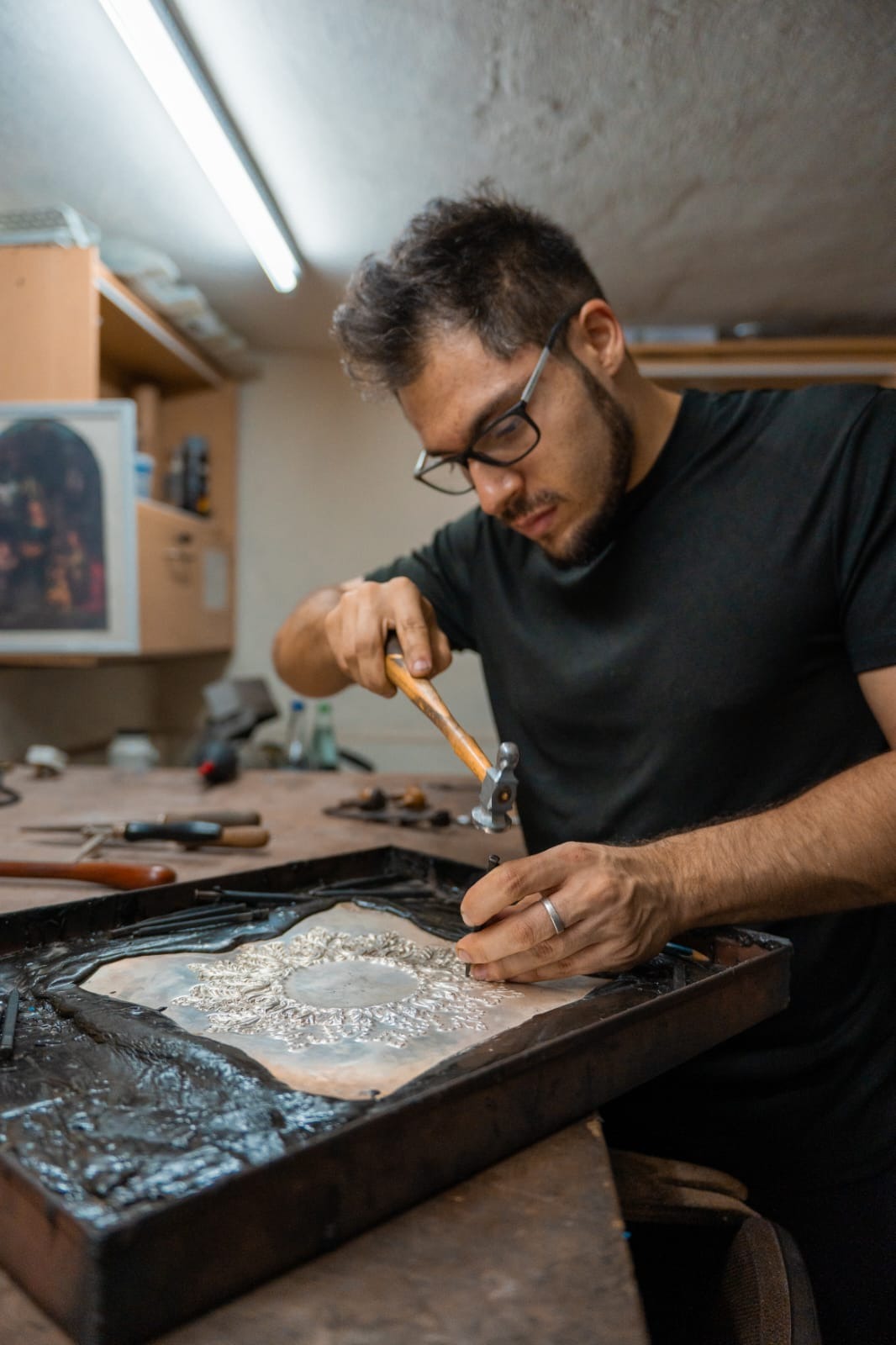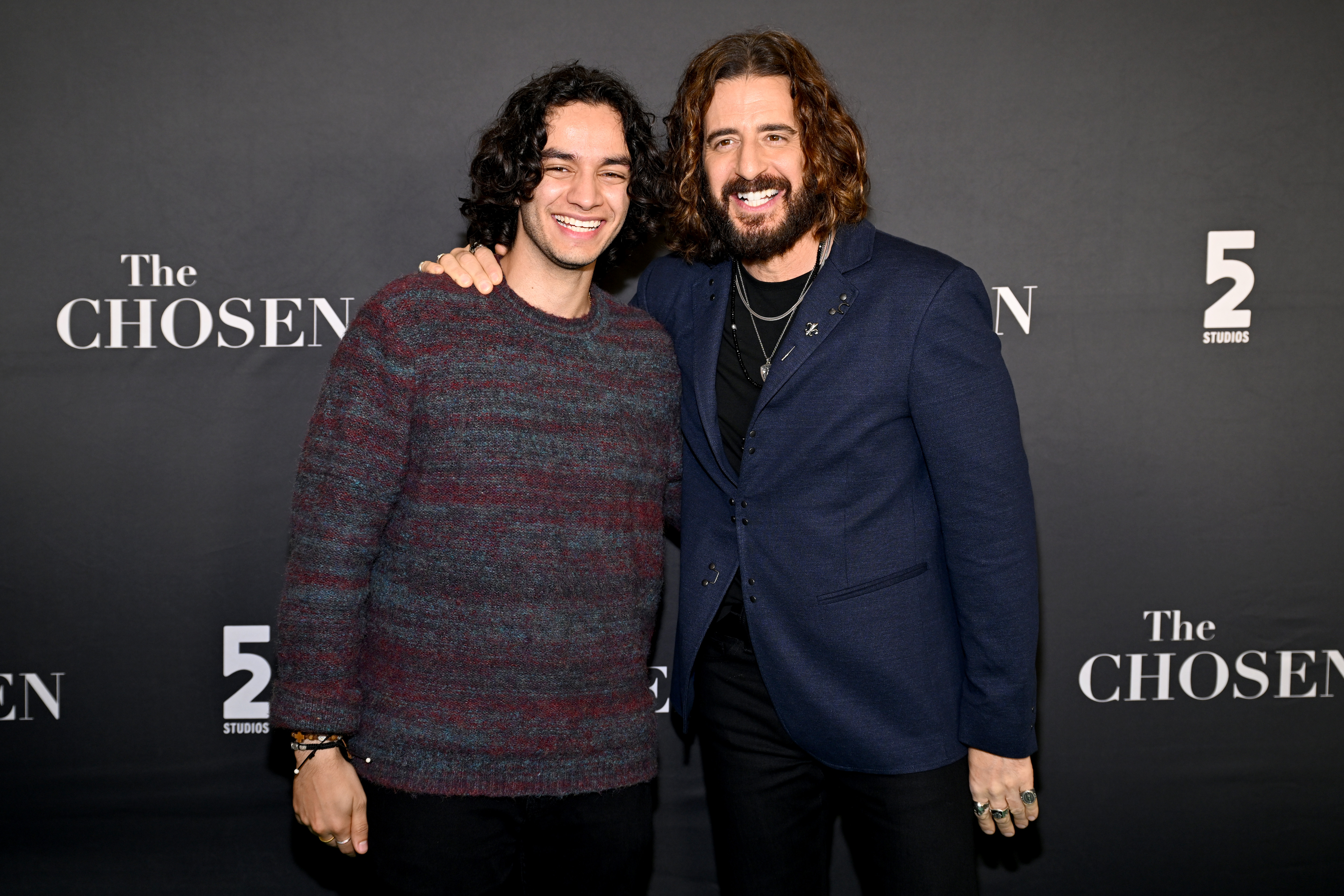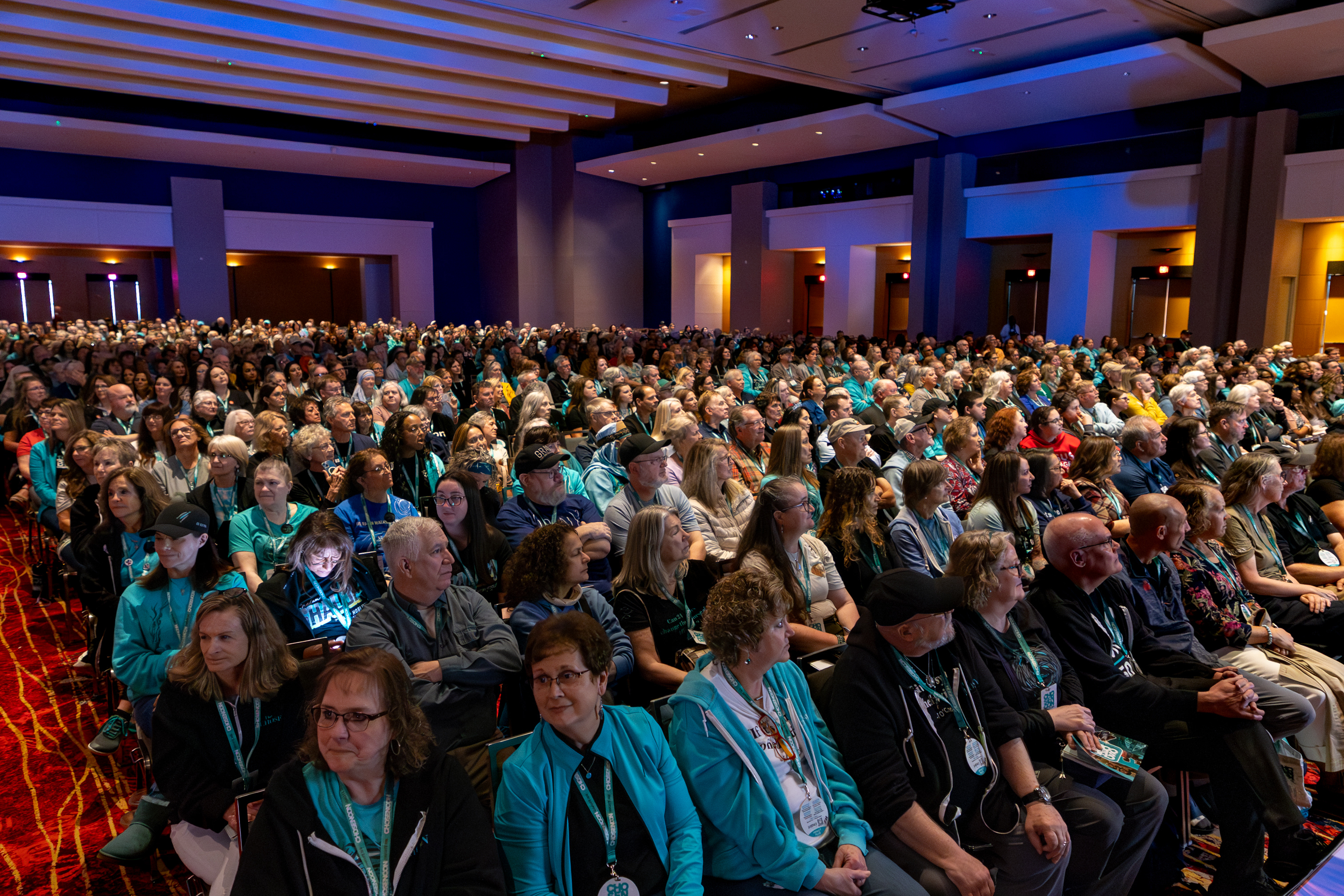Erlin Pérez Vásquez was born on Dec. 8, 1999, the solemnity of the Immaculate Conception, a coincidence that his family has come to see as a special sign of his vocation.
He lived much of his life in Alfombrilla, a small town in the Santa Cruz province in the Andean district of Cajamarca, Peru, where, as he recounted, "there isn't even a pharmacy."
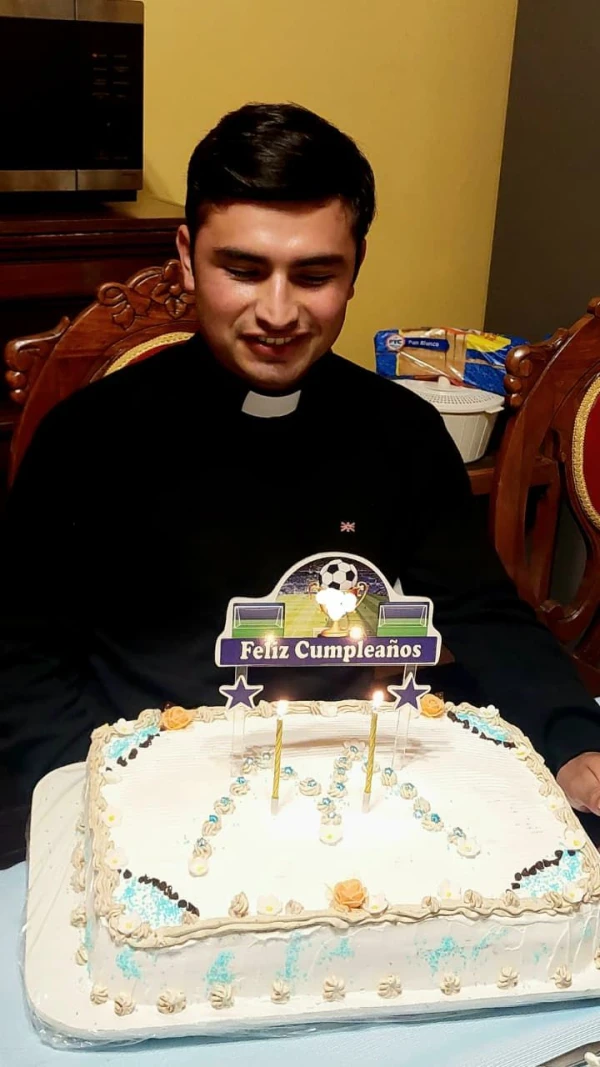
As he finished high school, he was confirmed by then-Bishop Robert Prevost — now Pope Leo XIV — and, at 26, has just been ordained a priest. Since childhood, he sensed a vocation, a call from God that was nurtured and encouraged by his family, especially his father.
"I feel that God has blessed me immensely, first with the priesthood, then with my family, with friends, acquaintances, and so many good people who have lived near me and prayed for me," the young priest, who was ordained in the Prelature of Yauyos on Feb. 13, told ACI Prensa, the Spanish-language sister service of EWTN News. The ordination Mass was celebrated by Bishop Ricardo García.
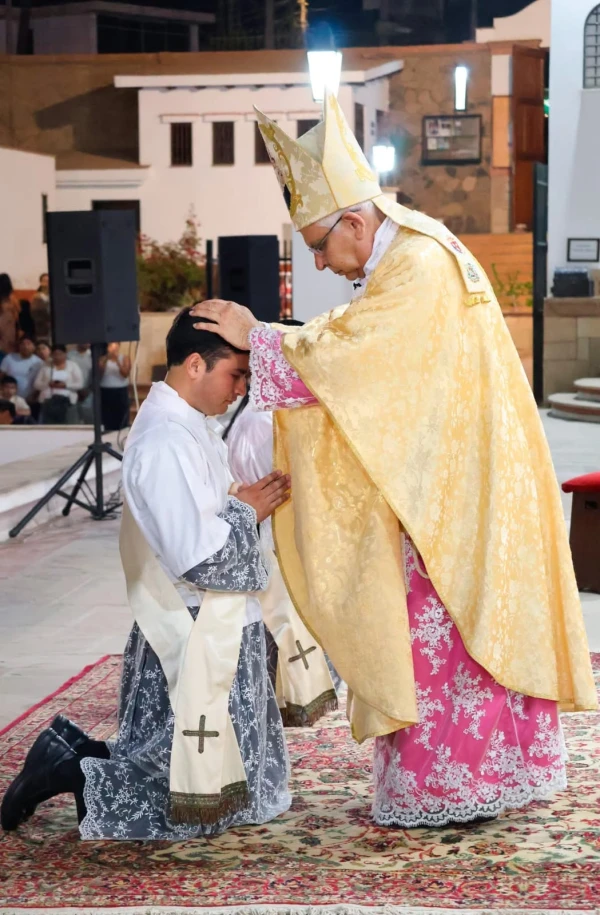
"I am overjoyed to have been ordained a priest," he said. "I lived in the countryside until I was 17, surrounded by nature, trees, rivers, and good friends."
He said the ways of God led him to the minor seminary in Yauyos in 2012, where he discovered that the Lord had called him to be one of his priests.
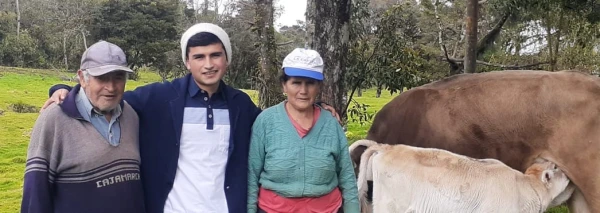
"This is where I began to get to know Jesus better through moments of prayer. And the example, the witness of life of the priests who accompanied us here at this seminary also helped me immensely," he continued.
Upon returning home to Alfombrilla, with his parents and four siblings, the calling continued to grow: "And my parents also helped me a lot regarding the faith. They helped us at home, we prayed together, the rosary too, and on Sundays as a family," he said.
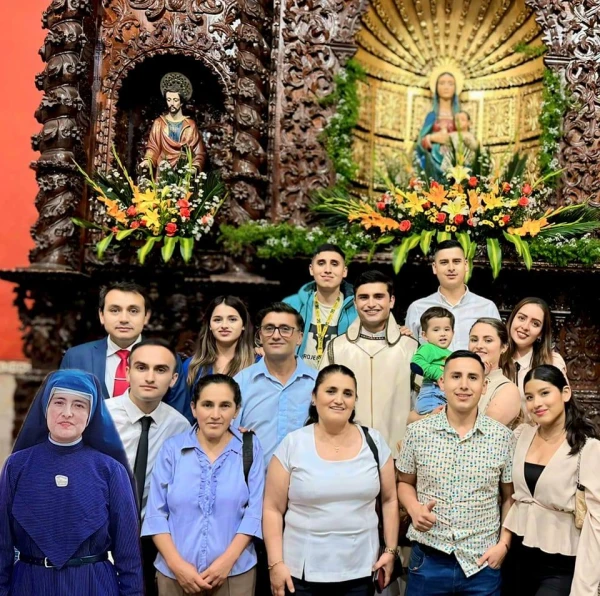
Confirmed by the future Leo XIV
Pérez recalled that he was confirmed as he was finishing high school, after reminding his parish priest that the time for the sacrament was "slipping away." The priest gave him a catechism and told him to study, because the then-bishop of Chiclayo, Robert Prevost, now Pope Leo XIV, would be going to Uticyacu, a neighboring town an hour and a half away by motorcycle.
There, they met Prevost, who was accompanied by some priests who introduced the future pope to Mr. Paco, Pérez's father, because he was the parish catechist.
"And then Bishop Prevost, very warmly, approached him and they talked. My father says that for him, those were unique, beautiful, and happy moments. And that's how I, at the confirmation Mass, received the sacrament from the hands of the now-pope. For me, it has been a special grace."
'Here comes the little priest'
When Pérez shared his desire to become a priest, there were various reactions, but the one he remembers best is that of his father.
"The reactions were huge. When I had to tell my dad I was going to be a priest, all he did was open his arms and give me a giant bear hug. I was truly overjoyed," the young priest recalled.
"Then, little by little, my mom found out, and then my whole family — I have four siblings — and they were very happy. Then my friends found out I was going to be a priest when I was in my last year of high school."
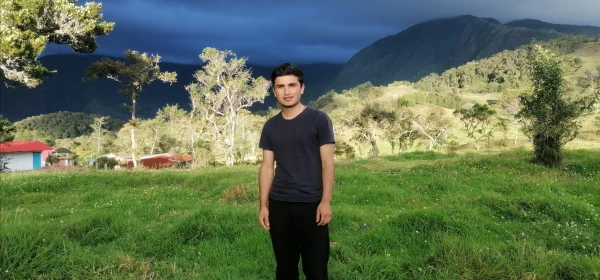
With a big smile, Pérez said that people started joking "and they would say to me, 'There goes the little priest.' Or also, when they passed in front of me they would make the sign of the cross. These were things that I found quite funny."
Ordination and first Mass
Pérez arrived at the Yauyos Seminary in 2017 to study philosophy and theology. He said he was welcomed by Bishop Ricardo García, who eventually ordained him.
"There's a moment during the ordination Mass when the bishop lays hands on me. I felt like the Holy Spirit completely filled my soul, penetrated my entire being, and I was truly moved. Tears came to my eyes, and then the priests were also laying hands on me, and I kept weeping and weeping," he recounted.
"When all the priests had passed by, I opened my eyes and there before me was the Virgin Mary, the image of Our Mother of Fair Love," he emphasized, highlighting the importance of the Mother of God in his life.
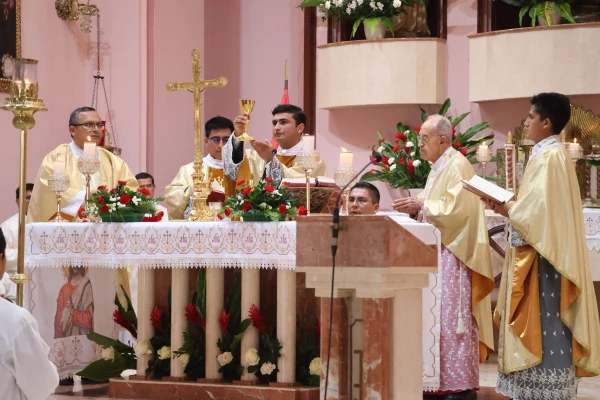
Regarding his first Mass, celebrated on Feb. 15, the young priest shared that "it has been a very special grace; I can't even imagine it. To have God in my hands, the creator of the entire universe, the creator of the visible and the invisible. My hands were trembling. It was very beautiful."
The priest and confession
Pérez also said he feels inspired by the example of great priests like St. John Paul II; St. John Vianney, the Curé of Ars; and St. Philip Neri, and that he asks God to "help me have that charism because God needs it, he needs us."
He also said he wants to be "a priest of prayer who helps people with confession, spends several hours in the confessional, and lives the holy Mass well."
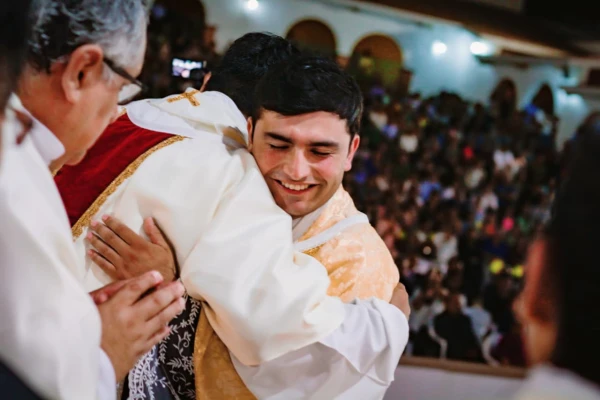
Regarding the sacrament of reconciliation, the young priest noted: "When a member of the faithful asks me, I'll be there because I know of cases where [a parishioner] approached a priest and asked, 'Father, can you hear my confession?' and because of time constraints or work, the priest wasn't able to hear his confession, and that person hasn't come back. I heard the testimony of someone a while ago who said, 'I approached the priest for confession, but he told me he couldn't,' and I'm returning [to make my first confession] after 30 years."
"Those experiences, those testimonies I've heard, have made me think and say, 'I have to attend to him right away; everything else can wait.'"
The priest offered this advice to those considering a possible vocation: "Let yourself be loved by Jesus Christ, let yourself be shaped by him, and also open your heart so that Christ may enter it."
"And," he added, "now I have a great mission: to lead souls to heaven."
This story was first published by ACI Prensa, the Spanish-language sister service of EWTN News. It has been translated and adapted by EWTN News English.


